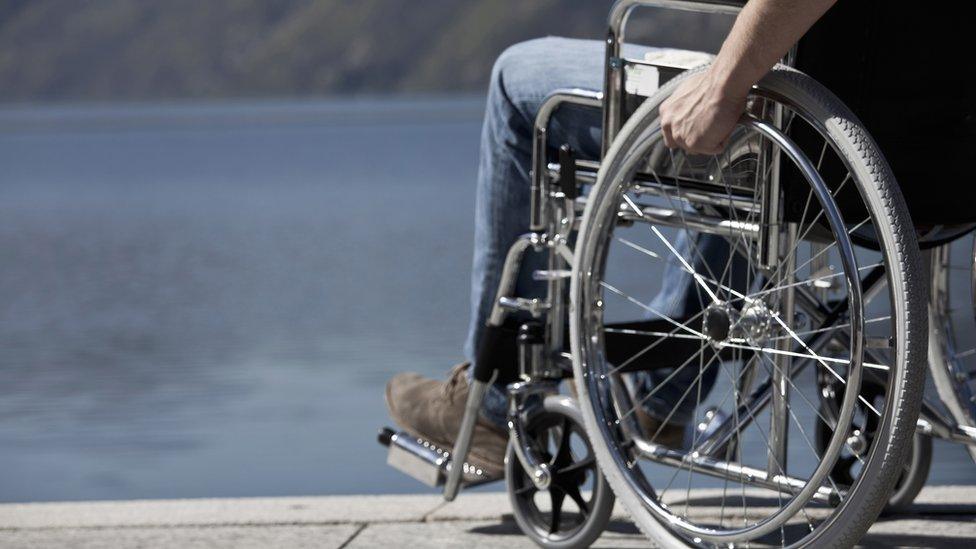'I decided not to reveal my disability on my applications'
- Published
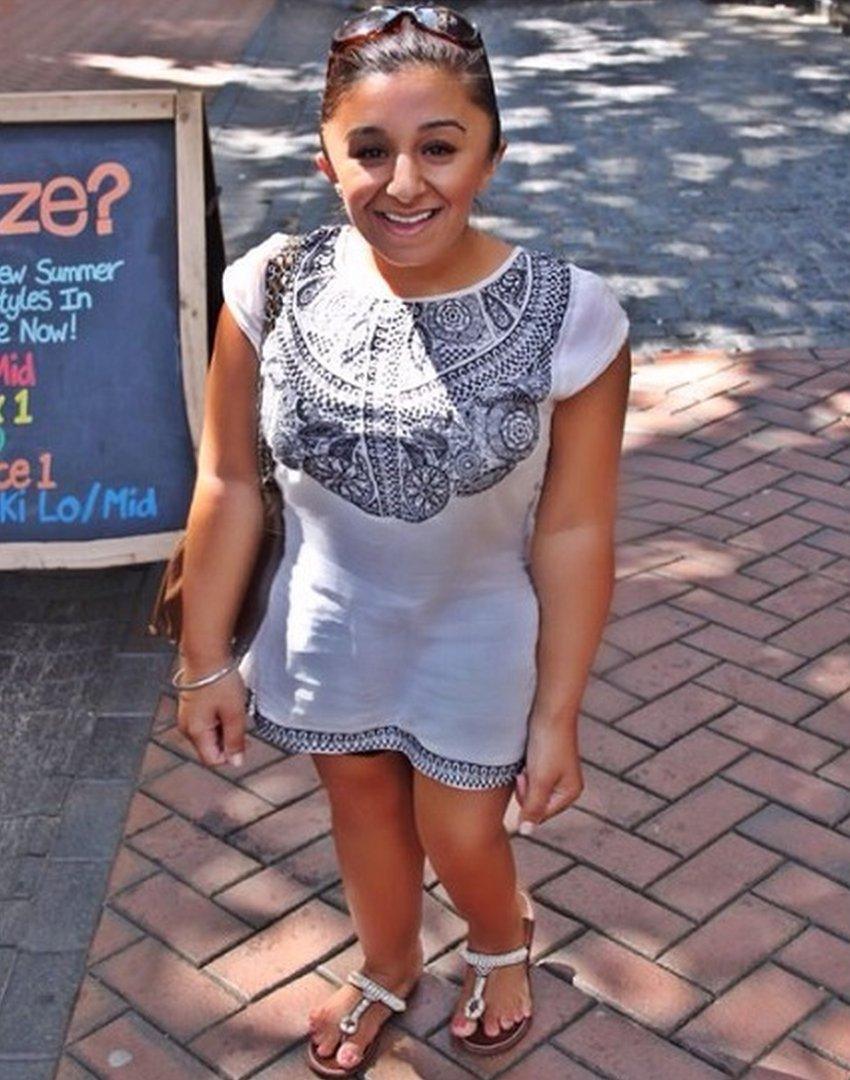
Shani Dhanda says she has learned to be 'very resilient'
Research by the charity Scope, external, which encourages equal opportunities for disabled people, has said many people "struggle to share information about their impairment or condition in the workplace".
But for some it's a struggle to get an interview for a job in the first place, as disability campaigner and speaker Shani Dhanda, who has brittle bone condition Osteogenesis imperfecta, told the BBC.
At 16 years old Shani applied for hundreds of jobs, giving details about her disability, but had no responses.
"It was disheartening at such a young age. Even the careers advisor at school told me to get a job in the local council as that would be good for me.
"When I decided not to reveal my disability on my applications I got an interview and a job in telesales almost immediately."
Allow X content?
This article contains content provided by X. We ask for your permission before anything is loaded, as they may be using cookies and other technologies. You may want to read X’s cookie policy, external and privacy policy, external before accepting. To view this content choose ‘accept and continue’.
After graduating from the University of Wolverhampton with a degree in event management, Shani had a full-time job for six years until she asked for flexible working hours.
You might also like:
"My request was declined. I didn't need to be in an office every day. I'm 3'10 and use a wheelchair some of the time.
"I didn't want to feel undervalued, so I decided to leave. Only one person in HR contacted me asking me to stay, but it was too late.
"It's taught me to be very resilient," she told the BBC. "I've learned so much over the years - I'd snap somebody up with my kind of skills.
"I do understand why some people would hesitate when employing people with disabilities.
"The Equality Act of 2010 is very good but I think people are scared of it. When employers think of the adjustments that need to be made, it might put them off.
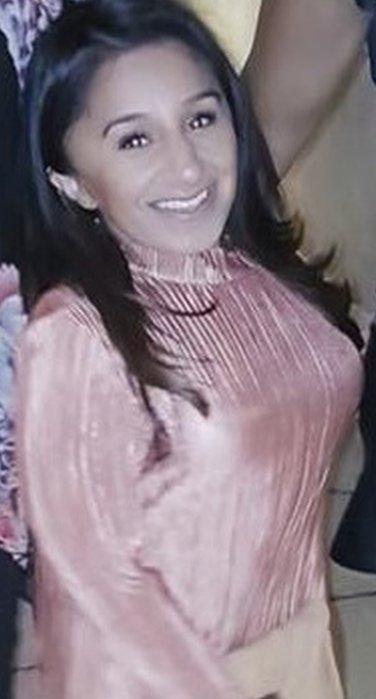
"If I'm not challenged, I get bored."
Shani says there should be an open-door policy to encourage sharing about conditions and requirements amongst colleagues.
"If there was one person allocated to deal with people with disabilities, instead of sharing over and over again with different people, that would be much better."
In a poll earlier this year, Scope revealed, external 48% of disabled people have worried about sharing information about their impairment with an employer.
Allow X content?
This article contains content provided by X. We ask for your permission before anything is loaded, as they may be using cookies and other technologies. You may want to read X’s cookie policy, external and privacy policy, external before accepting. To view this content choose ‘accept and continue’.
Shani, however is very happy to talk. "I'd rather people ask about my disability. It never stops me from doing things."
Scope is hoping to encourage disabled people to share their experiences of the workplace, using the hashtags #WorkWithMe and #EverydayEquality, and with support from Virgin Media.
To show his backing for the initiative, founder of the Virgin Group Sir Richard Branson tweeted, external that organisations will benefit from the "creative results" of inclusiveness.
Allow X content?
This article contains content provided by X. We ask for your permission before anything is loaded, as they may be using cookies and other technologies. You may want to read X’s cookie policy, external and privacy policy, external before accepting. To view this content choose ‘accept and continue’.
Now in her 30s, Shani is an international event manager and disability role model for Scope.
"There can be a stigma in the Asian community when you have a disability but my mum never treated me any differently from my siblings. I think if I was getting special treatment I wouldn't know any different."
- Published24 October 2017
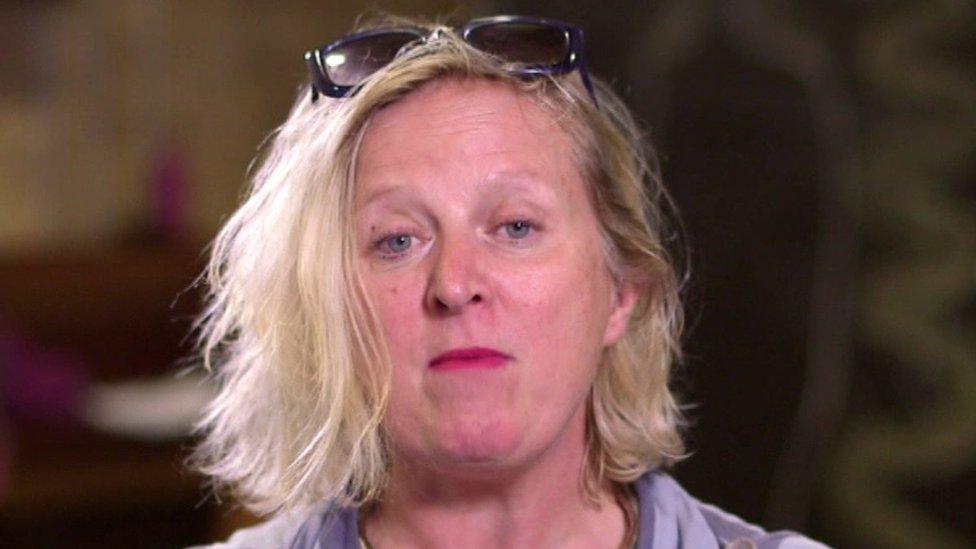
- Published15 October 2017
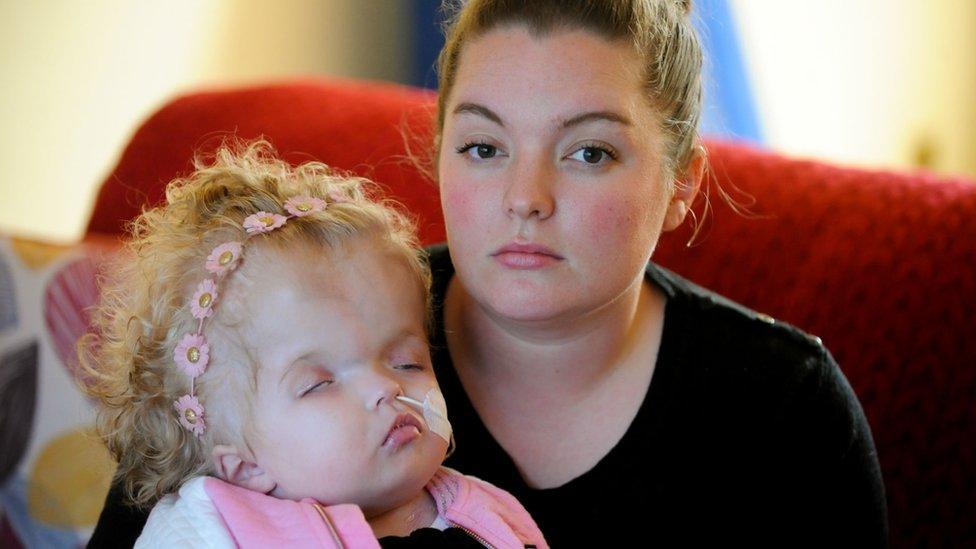
- Published4 October 2017
